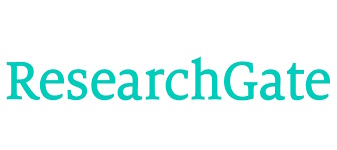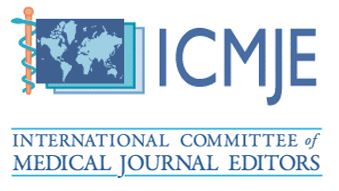Investigating the mediating role of psychological flexibility in the relationship between emotional intelligence and psychological well-being of couples
Keywords:
Emotional intelligence, psychological well-being, cognitive flexibility, couples.Abstract
Background and Aim: Researchers believe that emotional intelligence is an important factor in determining a person's success in life and directly affects the variables related to a person's "self". Emotional intelligence causes the appropriate processing of information that has an emotional charge and its use is necessary to guide cognitive activity. Therefore, This study aimed to investigate the mediator role of psychological flexibility in the relationship between emotional intelligence and the psychological well-being of couples. Methods: The current research is descriptive and correlational in terms of applied purpose and study method. The statistical population of this research included all the couples referred to couples therapy and counseling centers in Tehran's 7th district in 1401, and 150 people were selected as the statistical sample of the research. Then, the participants completed the questionnaires mentioned in the research tool section. Finally, SPSS and AMOS software and Pearson correlation coefficient and structural equation path analysis were used for statistical data analysis. Results: The findings showed that the direct effect of emotional intelligence on psychological flexibility is significant (β = 0.28 and t = 3.82). Also, the direct effect of emotional intelligence on psychological well-being (β = 0.36 and t = 3.40) is significant. The direct effect of psychological flexibility on psychological well-being (β=0.40 and t=4.14) is also significant. Finally, the indirect effect of emotional intelligence on psychological well-being is 0.29 and the total effect is 0.65. Conclusion: Therefore, it can be concluded that in the relationship between emotional intelligence and psychological well-being, the variable of psychological flexibility as a mediator can strengthen this relationship
Downloads
Downloads
Published
Issue
Section
License
Copyright (c) 2023 Rooholah Toghraie Semiromi, Noushin Daneshgar , Maedeh Divsalar , Mehdi Ghezelseflo (Author)

This work is licensed under a Creative Commons Attribution-NonCommercial 4.0 International License.







































